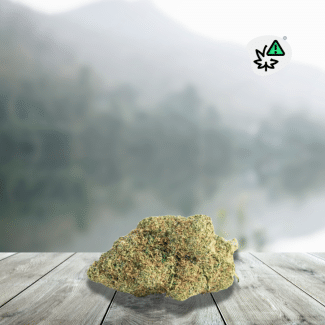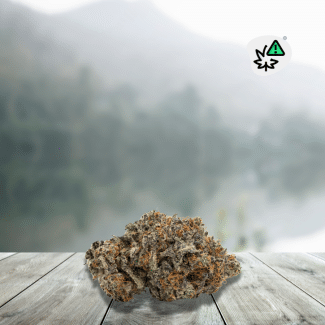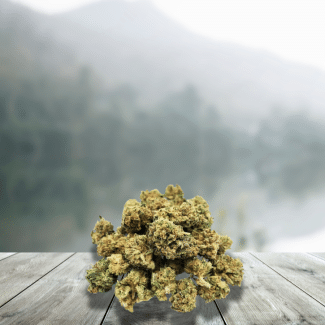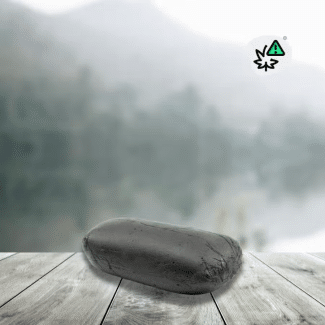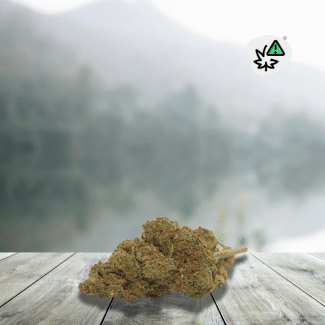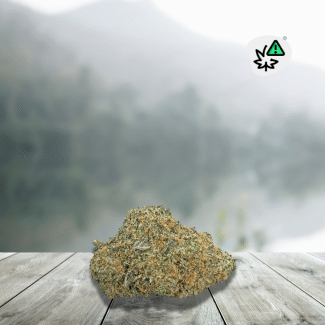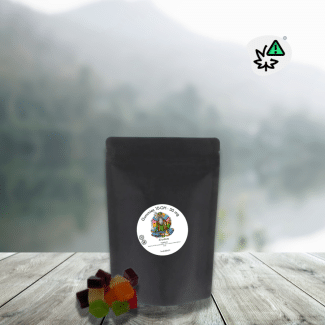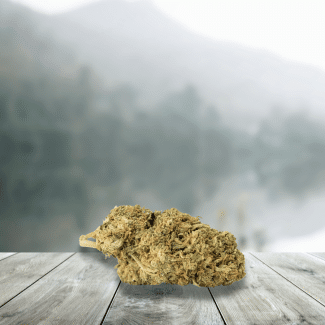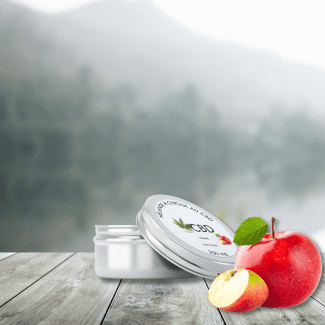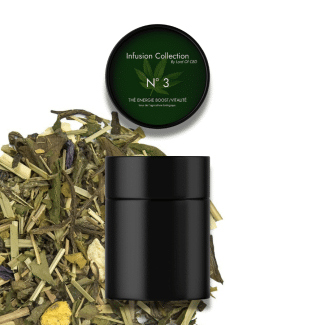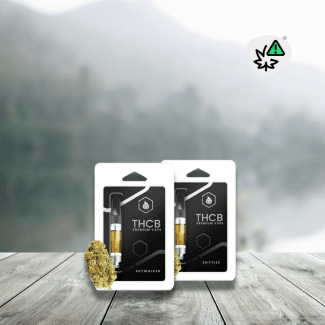Discover our exclusive selection of high-quality THCB products, ideal for those looking to explore the unique effects of this emerging cannabinoid. Enjoy a secure purchasing experience and fast delivery in France. Whether you're a beginner or an experienced user, find the perfect THCB product to meet your needs.
Immerse yourself in the world of vaping with our premium THCB e-liquids, designed to offer an exceptional user experience. Available in different flavors and concentrations, our THCB vapes are perfect for those who prefer a discreet and convenient method of use. Explore our range and find your new favorite way to enjoy THCB.
Your destination of choice for all things THCB in France. We offer a wide range of THCB products, including oils, flowers and vapes, all legal and premium quality. Enjoy the benefits of THCB with peace of mind, thanks to products that are rigorously tested and comply with French and European standards.
⚠️ Important information: Following the ANSM announcement, there will be no restocking of this molecule. BAN FROM JUNE 3.
